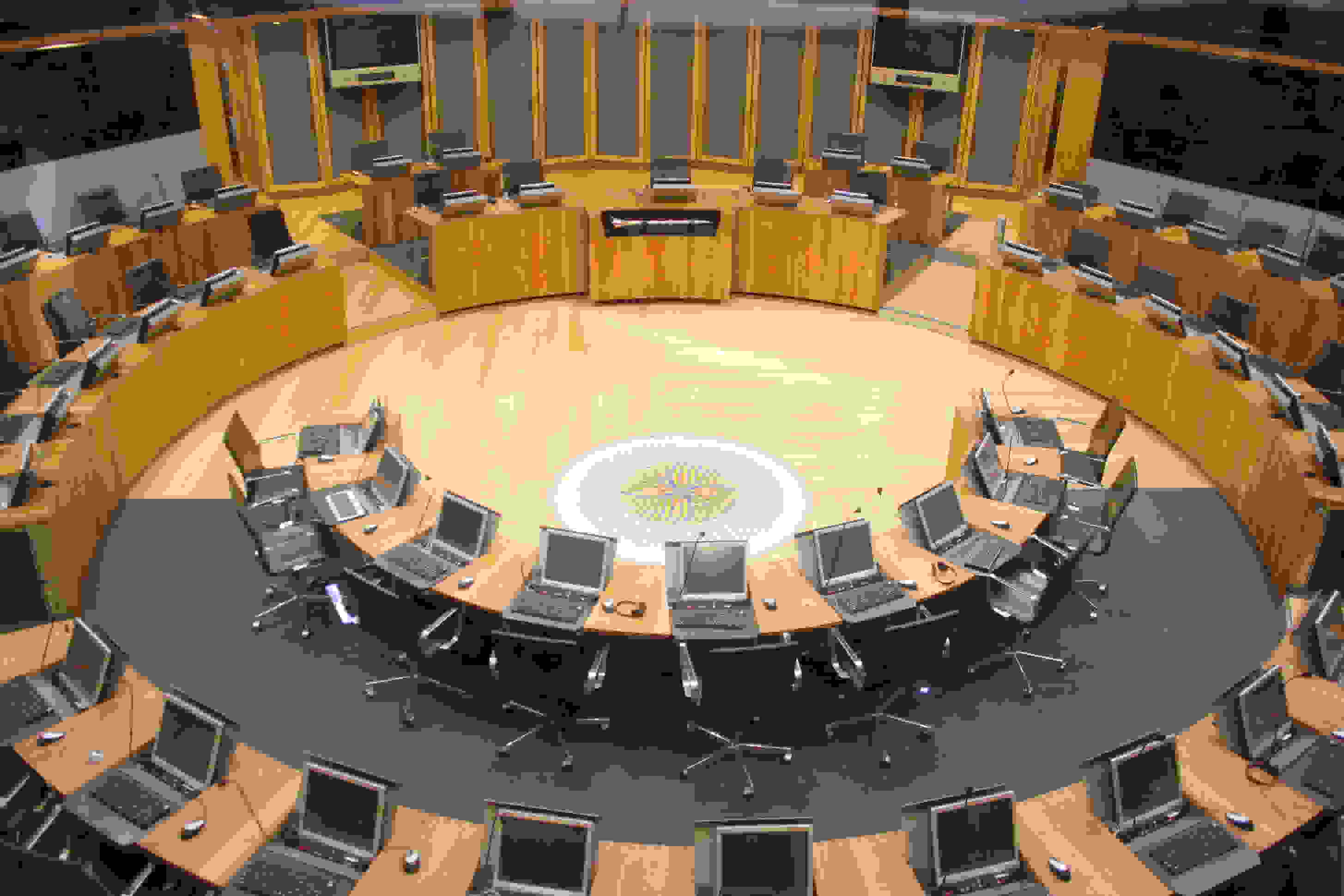News / Should Parliament roll out the red carpet for Donald Trump? - Parliament Matters podcast, Episode 88
After Parliament’s rare Saturday sitting to pass the Steel Industry (Special Measures) Bill with minimal scrutiny, we explore concerns about rushed legislation and unchecked ministerial powers. Speaker Lindsay Hoyle faces criticism for allegedly protecting Keir Starmer at PMQs. Meanwhile, as MPs and Peers move to block a possible Trump address to Parliament during his second UK State Visit, we discuss who controls invitations to speak and where on the parliamentary estate.

